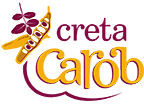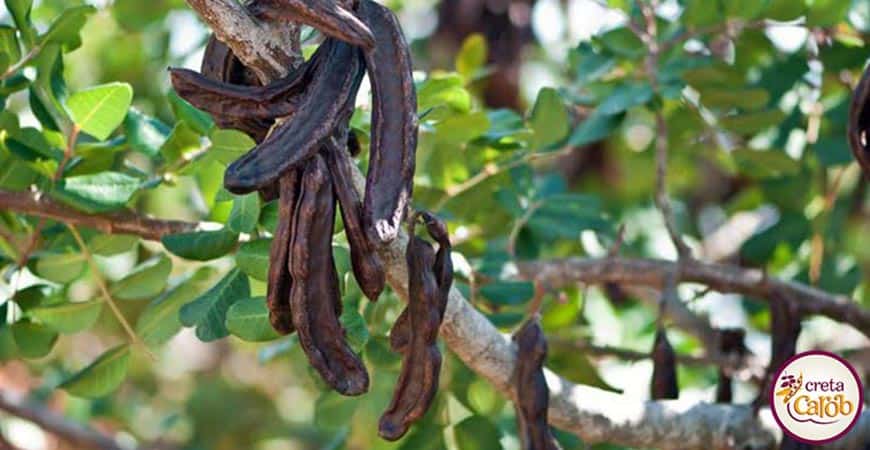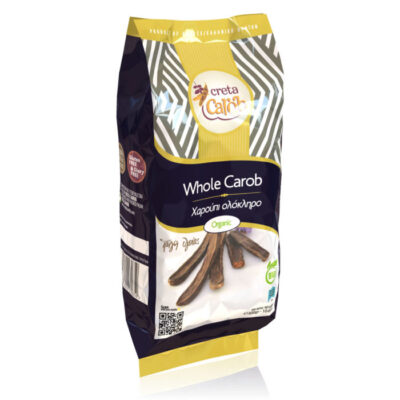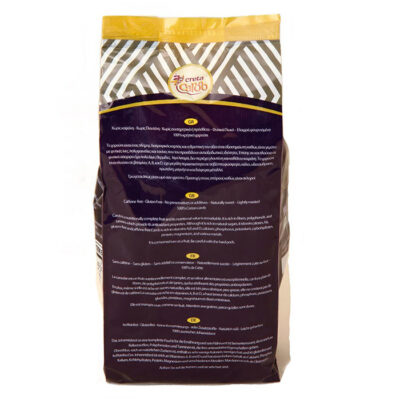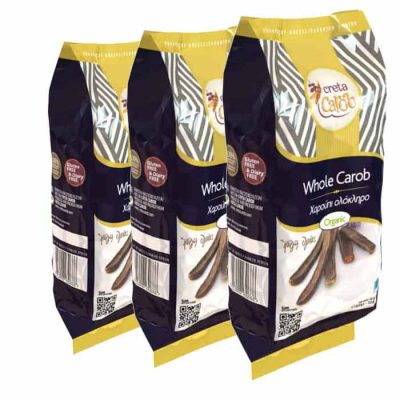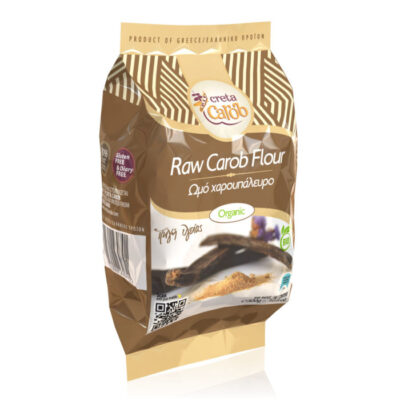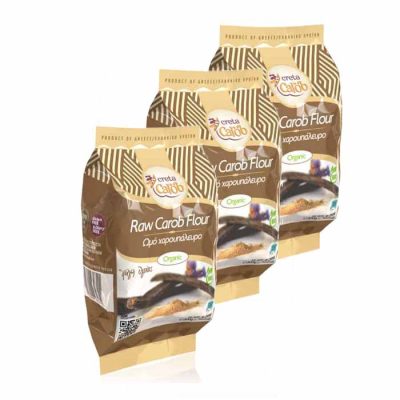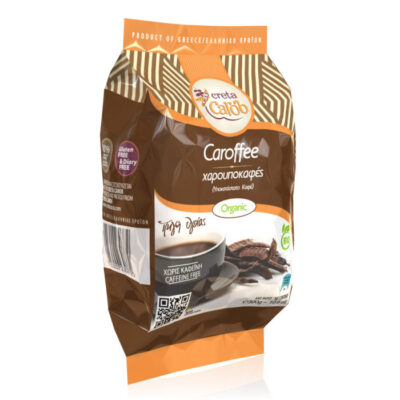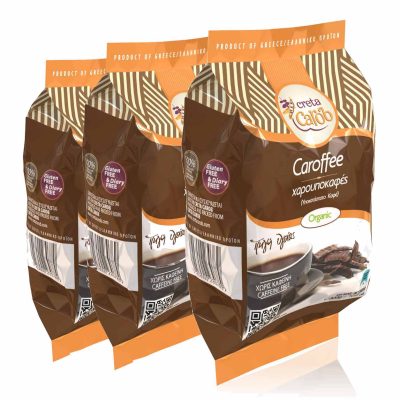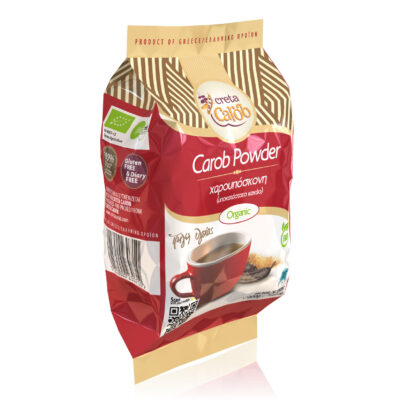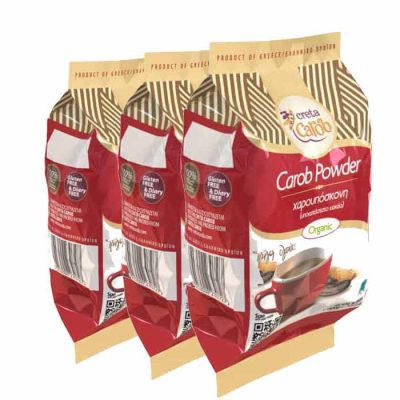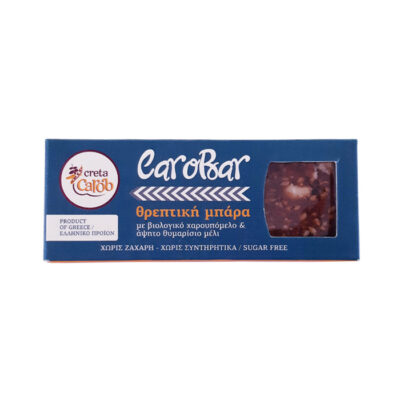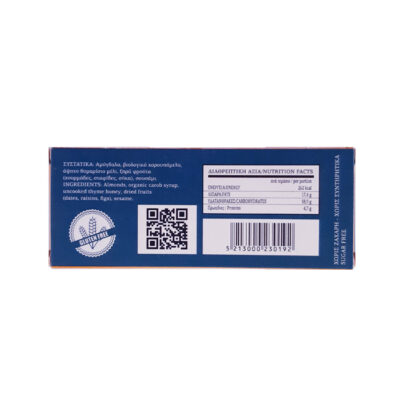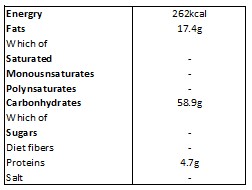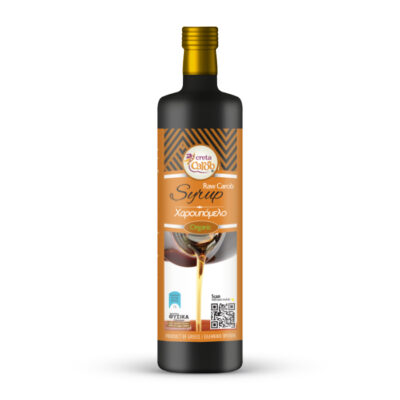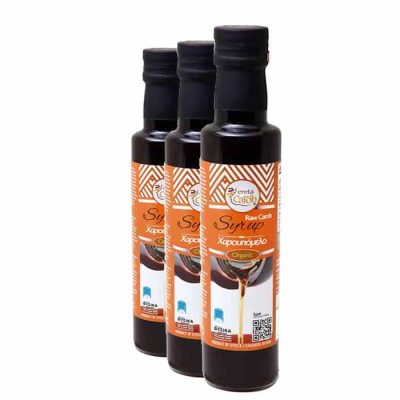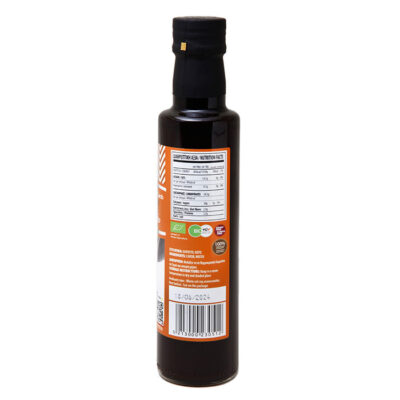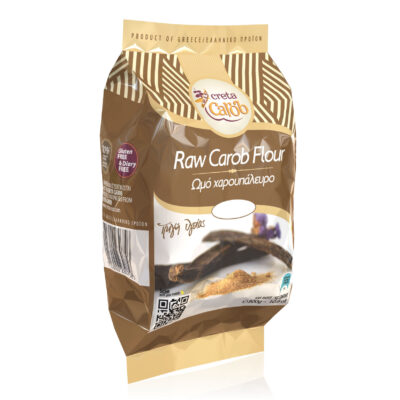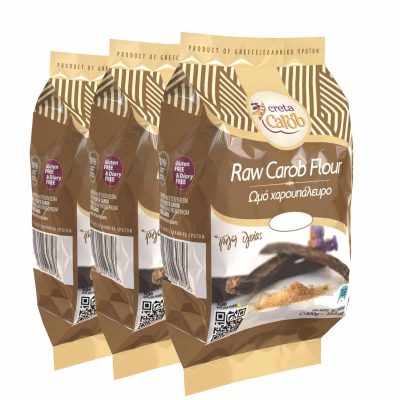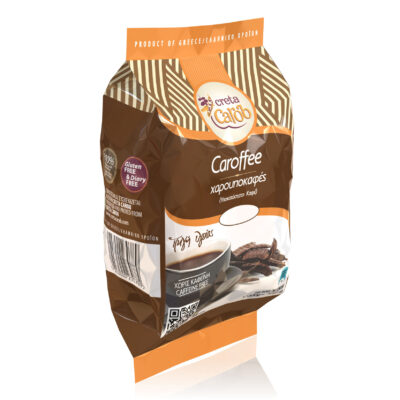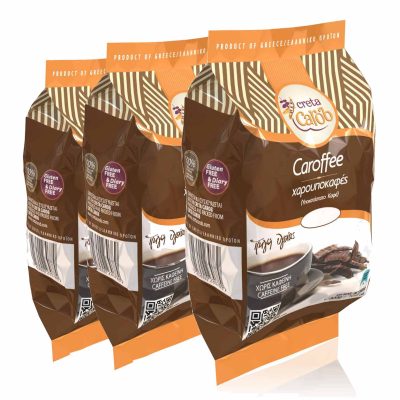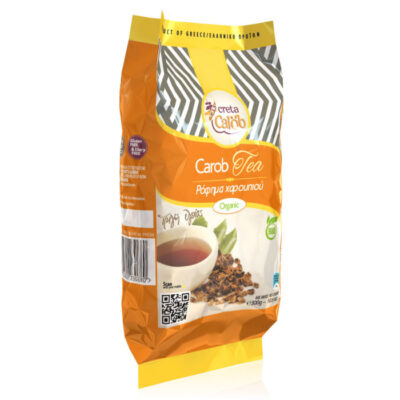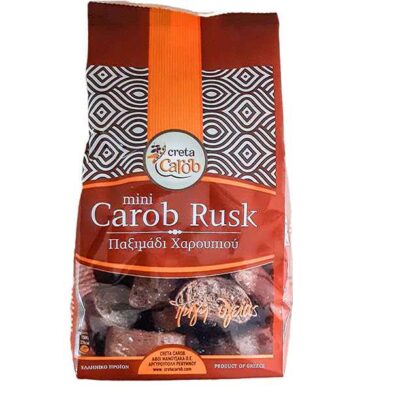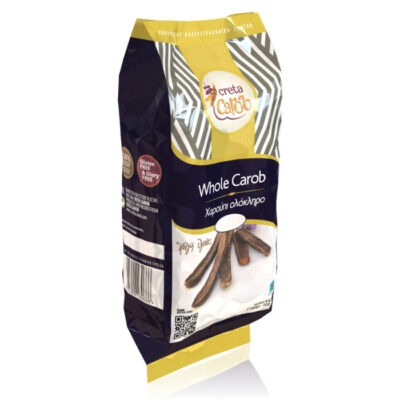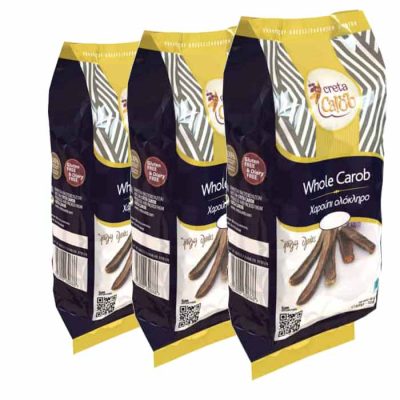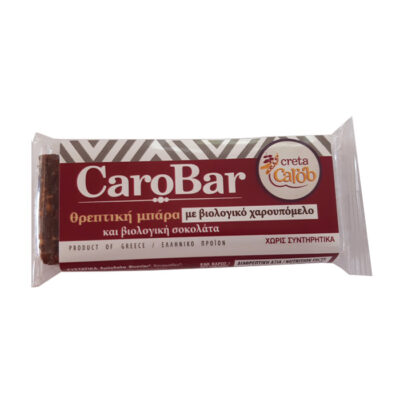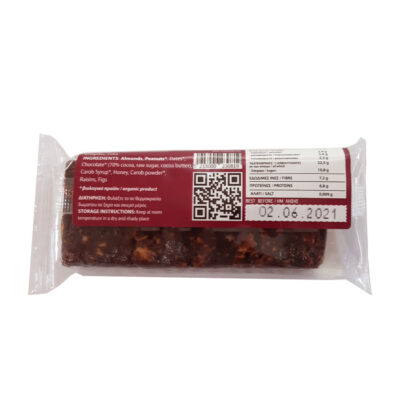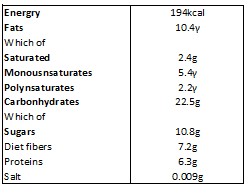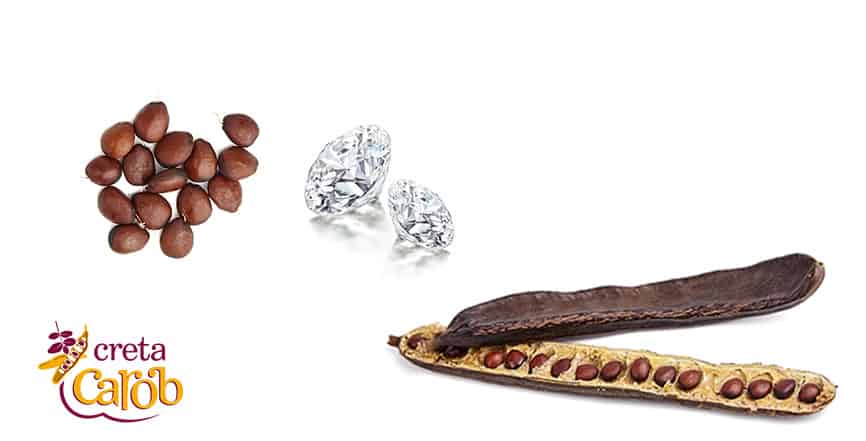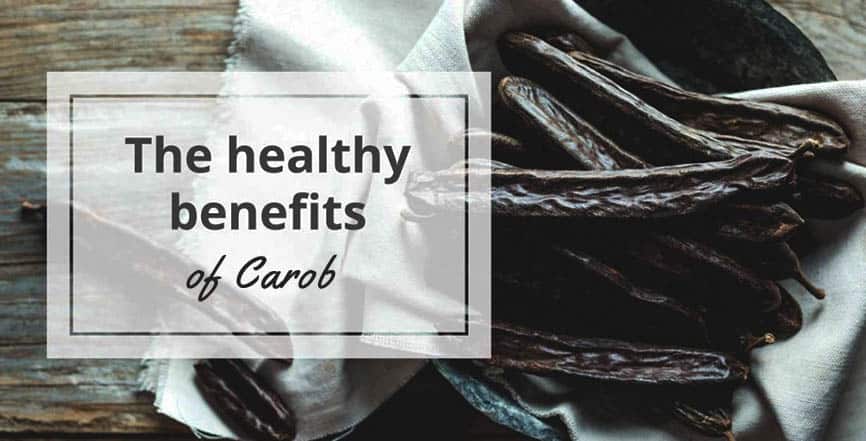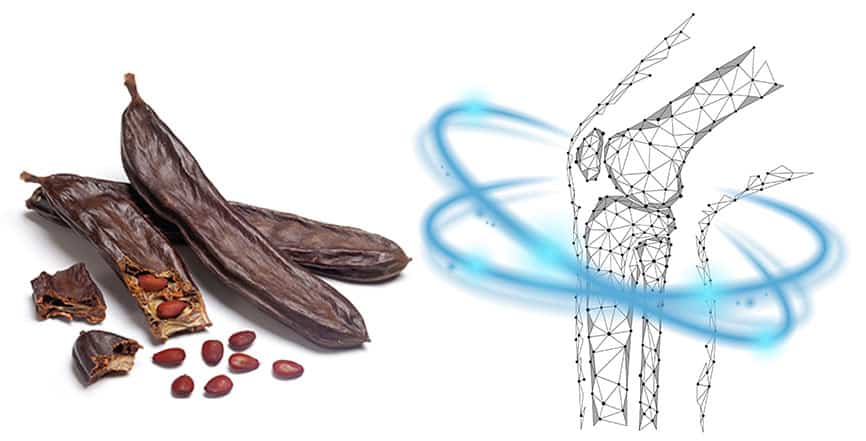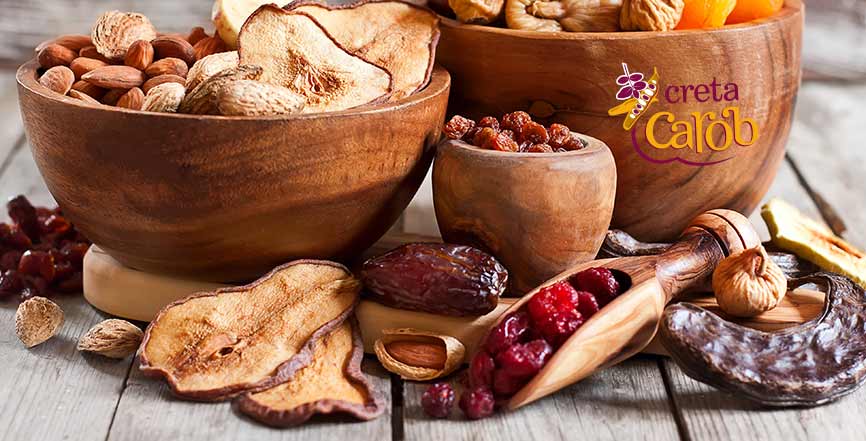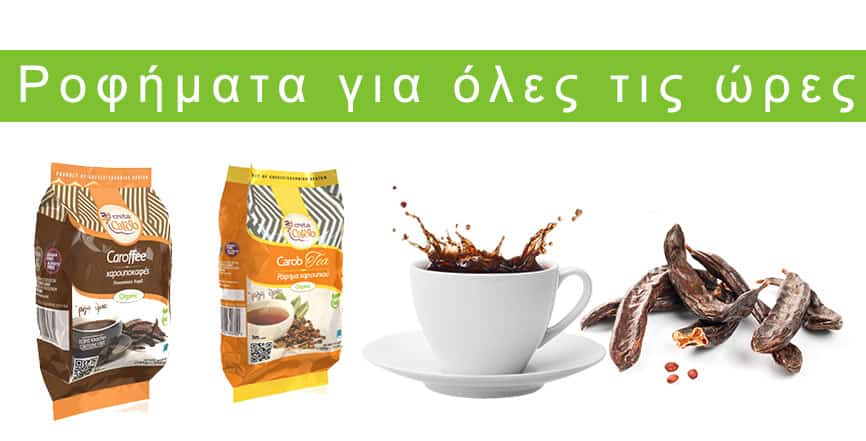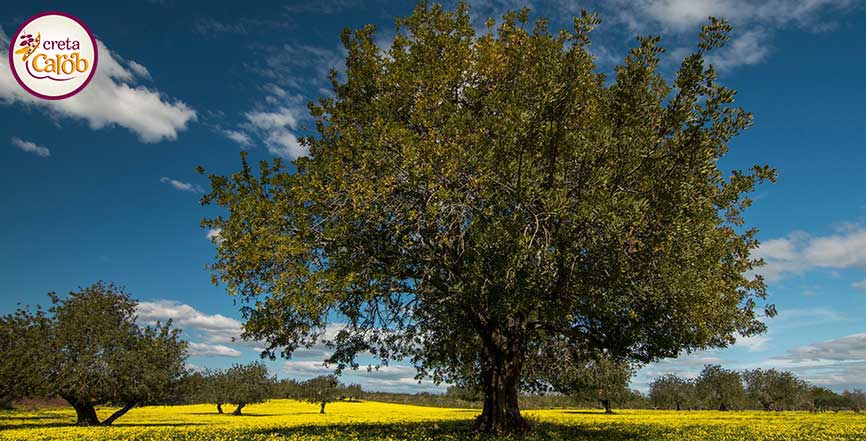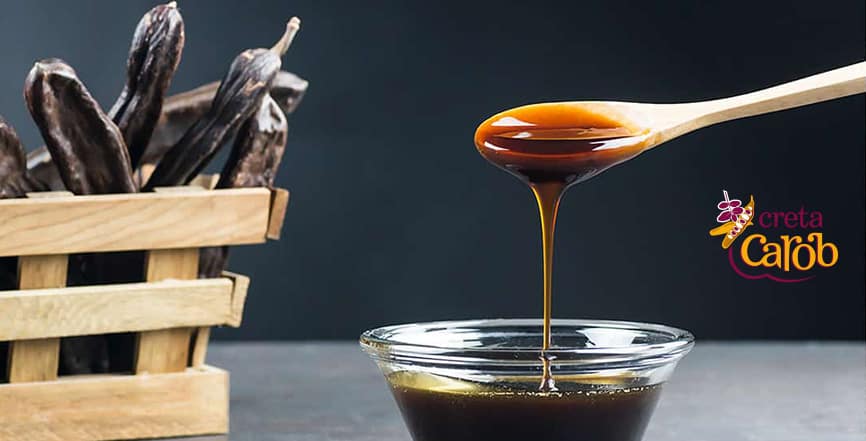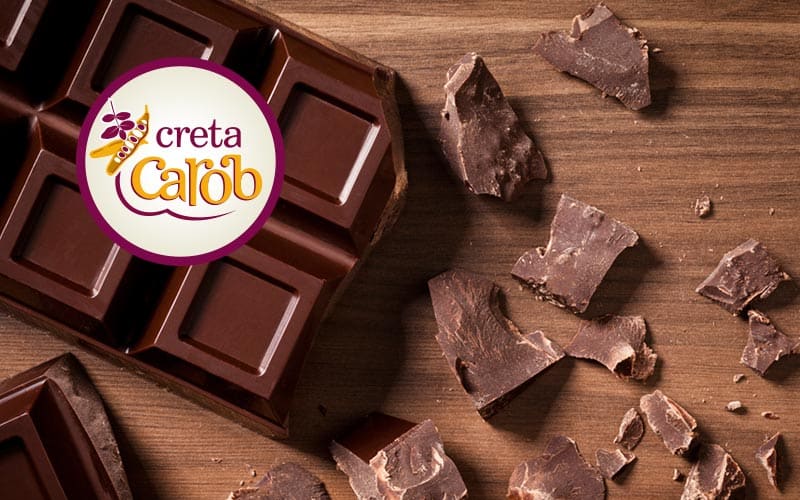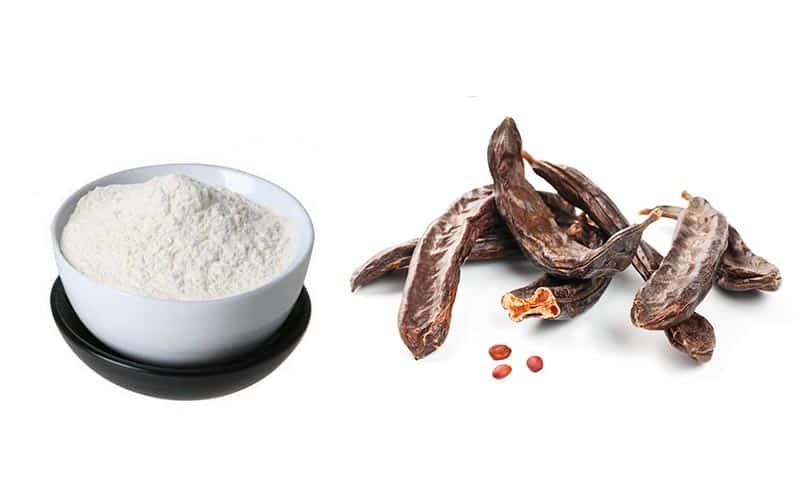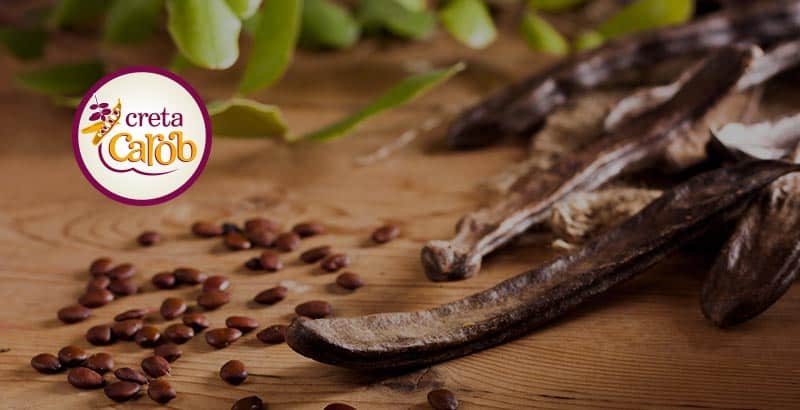Carob is a tree that has its roots very deep in time. The testimonies that we have, prove to us the wide spread of the carob tree since antiquity, but also its many different uses. The carob tree comes from the East. Specifically, its homeland is Syria. However, it grows on its own and is cultivated in the countries of the Middle East and in those that surround the Mediterranean, i.e. in Greece, Central Asia, North Africa, Italy, Spain, Portugal, Cyprus. The longer the history of the carob tree, the greater the historical moments that this tree was used by people in times of famine, war or poverty.
With a look at the past
Ancient Greece ? The Carob Tree was known to the ancient Greeks, who cultivated it for its fruits as food for humans and animals. An anecdotal source even states that the “lotus” eaten by Lotus eaters in the Odyssey was in fact locusts. In classical antiquity, the philosopher and successor of Aristotle, Theophrastus the Ephesian (372-287 BC) informs us that in Ionia the tree was called “Keronia” and its fruit “Egyptian fig”. He even recorded a detailed description of the locust tree. He noticed that the carob fruits emerge from the trunk of the tree, as the flowers always grow in the armpit of the leaves or directly from the old branches. During the Hellenistic years, the Carob tree was also called “Keratea”. Pliny the Elder (23-79 AD) refers to the sweet beans of the carob tree as food for the pigs.
Egypt, Ancient Rome, Israel ? There is evidence that the ancient Egyptians used carob. Carob pods and seeds have been found in Egyptian tombs, while carob pectin (SEE HERE K11) was used to mummify the dead. Even today in Egypt they eat the dried pods as a snack and make a special alcoholic drink by fermentation. The Romans also ate carob peels for their natural sweetness when they were still green and fresh. Jews and Muslims still eat locusts during the feast of Biswat, or during Ramadan, respectively. The Arabs considered them excellent emollients for chest infections and recommended them to patients with chronic bronchitis.
Bible ? According to the Bible, John the Baptist ate locusts while he was in the desert. Later, Europeans called the carob tree a “St. John’s bread tree”, so in several European languages we find the carob tree as “Saint John ‘s bread / tree” (English), “Johannisbrot” (Swedish) or “Johannisbrotbaum”. (German). Also, from the Parable of the Prodigal Son we conclude that locusts were considered somewhat mediocre food for humans, as they were served mainly as food for the pigs of the stable where the Prodigal Son went to work when he was hungry and destitute.
Periods of war and famine ? Carob has played a key role in various wars throughout history as it is rich in nutrients on the one hand and abundant on the other. During the Spanish Civil War (1936-1939) the carob fruit saved many people from starvation. Today the oldest in Greece remember the ‘chocolate of the occupation’ in the difficult times of World War II (1939-1945). Carob was also used as a substitute for basic goods, that, in that time, there were in short supply (coffee, flour).
Carob, therefore, characterized times of misery, poverty and hardship. The traumatic experiences of the war inevitably created unpleasant memories for those who ate carob as their only food and therefore the fruit was despised. In addition, it has always been food for domestic animals, so it was not a sought-after food for humans. Today, however, after much laboratory research that has been done, it has been proven that Carob is rightly called the “black Gold” of Crete. Scientists have discovered the nutrients of locust bean and proved how beneficial it is for health. The natural sugars that carob has, give a very special taste to the products that contain it. It is now a refined food, fine for those who want a natural lifestyle and well-being.
Whole Carob BIO 300gr.
Caffeine-free - Gluten Free - No preservatives or additives – Naturally sweet – Lightly roasted - 100% Cretan carob
Carob is a nutritionally complete fruit and its nutritional value is remarkable. It is rich in fibers, polyphenols and tannins which provide its antioxidant properties. Although it is rich in natural sugars,it islowin calories, fat, gluten-free andcaffeine free. Carob is rich in vitamins A,B and D, calcium, phosphorus, potassium, carbohydrates, protein, magnesium, and various metals. It is consumed raw as a fruit. Be careful with the hard pods.Whole Carob BIO 300gr. (Pack of 3)
Caffeine-free - Gluten Free - No preservatives or additives – Naturally sweet – Lightly roasted - 100% Cretan carob
Carob is a nutritionally complete fruit and its nutritional value is remarkable. It is rich in fibers, polyphenols and tannins which provide its antioxidant properties. Although it is rich in natural sugars,it islowin calories, fat, gluten-free andcaffeine free. Carob is rich in vitamins A,B and D, calcium, phosphorus, potassium, carbohydrates, protein, magnesium, and various metals. It is consumed raw as a fruit. Be careful with the hard pods.INGREDIENTS: Whole Carob STORAGE INSTRUCTIONS: Keep in a room temperature in dry and shaded place NUTRITION FACTS (per 100gr):
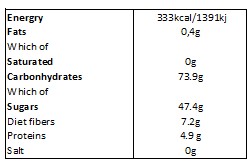
INGREDIENTS: Whole Carob STORAGE INSTRUCTIONS: Keep in a room temperature in dry and shaded place NUTRITION FACTS (per 100gr):

Raw Carob Flour BIO 300gr.
Raw Carob Flour BIO 300gr. (Pack of 3)
INGREDIENTS: CAROB IN POWDER STORAGE INSTRUCTIONS: Keep in a room temperature in dry and shaded place NUTRITION FACTS (per 100gr):
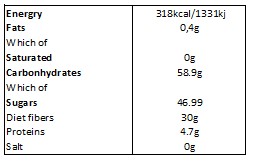
INGREDIENTS: CAROB IN POWDER STORAGE INSTRUCTIONS: Keep in a room temperature in dry and shaded place NUTRITION FACTS (per 100gr):

Caroffee BIO 300gr. (coffee substitute)
Caroffee BIO 300gr. (Pack of 3)
INGREDIENTS: CAROB IN POWDER STORAGE INSTRUCTIONS: Keep in a room temperature in dry and shaded place NUTRITION FACTS (per 100gr):

INGREDIENTS: CAROB IN POWDER STORAGE INSTRUCTIONS: Keep in a room temperature in dry and shaded place NUTRITION FACTS (per 100gr):

Carob Powder BIO 300gr.
Carob Powder BIO 300gr. (Pack of 3)
INGREDIENTS: CAROB IN POWDER STORAGE INSTRUCTIONS: Keep in a room temperature in dry and shaded place NUTRITION FACTS (per 100gr):

INGREDIENTS: CAROB IN POWDER STORAGE INSTRUCTIONS: Keep in a room temperature in dry and shaded place NUTRITION FACTS (per 100gr):

Raw Carob Syrup BIO 350gr.
Raw Carob Syrup BIO 350gr. (Pack of 3)
INGREDIENTS: Carob, Water STORAGE INSTRUCTIONS: Keep in a room temperature in dry and shaded place NUTRITION FACTS (per 100gr):
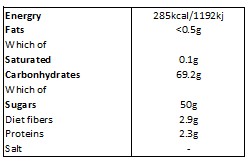
INGREDIENTS: Carob, Water STORAGE INSTRUCTIONS: Keep in a room temperature in dry and shaded place NUTRITION FACTS (per 100gr):

Raw Carob Flour 300gr.
Raw Carob Flour 300gr. (Pack of 3)
INGREDIENTS: CAROB IN POWDER STORAGE INSTRUCTIONS: Keep in a room temperature in dry and shaded place NUTRITION FACTS (per 100gr):

INGREDIENTS: CAROB IN POWDER STORAGE INSTRUCTIONS: Keep in a room temperature in dry and shaded place NUTRITION FACTS (per 100gr):

Caroffee 300gr.
Caroffee 300gr. (Pack of 3)
INGREDIENTS: CAROB IN POWDER STORAGE INSTRUCTIONS: Keep in a room temperature in dry and shaded place NUTRITION FACTS (per 100gr):

INGREDIENTS: CAROB IN POWDER STORAGE INSTRUCTIONS: Keep in a room temperature in dry and shaded place NUTRITION FACTS (per 100gr):

Carob Tea BIO 300gr.
INGREDIENTS: Carob in pieces STORAGE INSTRUCTIONS: Keep in a room temperature in dry and shaded place NUTRITION FACTS (per 100gr):

Carob mini Rusk 300gr.
mini Carob Rusk
The Cretan carob nut is a ptraditional Greek bakery product, with carob flavor.
Contains only natural ingredients, such as water, olive oil, high-quality flour and carob powder, without preservatives and additives.
It has nutritional value with many health benefits. It is rich in fiber and has all the ingredients for a proper nutritional diet.
-
It is of small size,
-
slightly sweet,
-
carob flavor and
-
sprinkled with sesame seeds.
You can serve them together with other cookies and biscuits when drinking/serving coffee, tea or plain milk. It can be eaten plain or with any coating, such as tomato, cheese, pickles, olives, etc.
It is an ideal supplement for breakfast, lunch and dinner.
No added sugar. Components: flour, barley, carob flour, salt, yeast, sesame NUTRITION FACTS (per 100gr):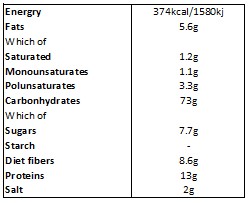
Whole Carob 300gr.
Caffeine-free - Gluten Free - No preservatives or additives – Naturally sweet – Lightly roasted - 100% Cretan carob
Carob is a nutritionally complete fruit and its nutritional value is remarkable. It is rich in fibers, polyphenols and tannins which provide its antioxidant properties. Although it is rich in natural sugars,it islowin calories, fat, gluten-free andcaffeine free. Carob is rich in vitamins A,B and D, calcium, phosphorus, potassium, carbohydrates, protein, magnesium, and various metals. It is consumed raw as a fruit. Be careful with the hard pods.Whole Carob 300gr. (Pack of 3)
Caffeine-free - Gluten Free - No preservatives or additives – Naturally sweet – Lightly roasted - 100% Cretan carob
Carob is a nutritionally complete fruit and its nutritional value is remarkable. It is rich in fibers, polyphenols and tannins which provide its antioxidant properties. Although it is rich in natural sugars,it islowin calories, fat, gluten-free andcaffeine free. Carob is rich in vitamins A,B and D, calcium, phosphorus, potassium, carbohydrates, protein, magnesium, and various metals. It is consumed raw as a fruit. Be careful with the hard pods.INGREDIENTS: Whole Carob STORAGE INSTRUCTIONS: Keep in a room temperature in dry and shaded place NUTRITION FACTS (per 100gr):

INGREDIENTS: Whole Carob STORAGE INSTRUCTIONS: Keep in a room temperature in dry and shaded place NUTRITION FACTS (per 100gr):

